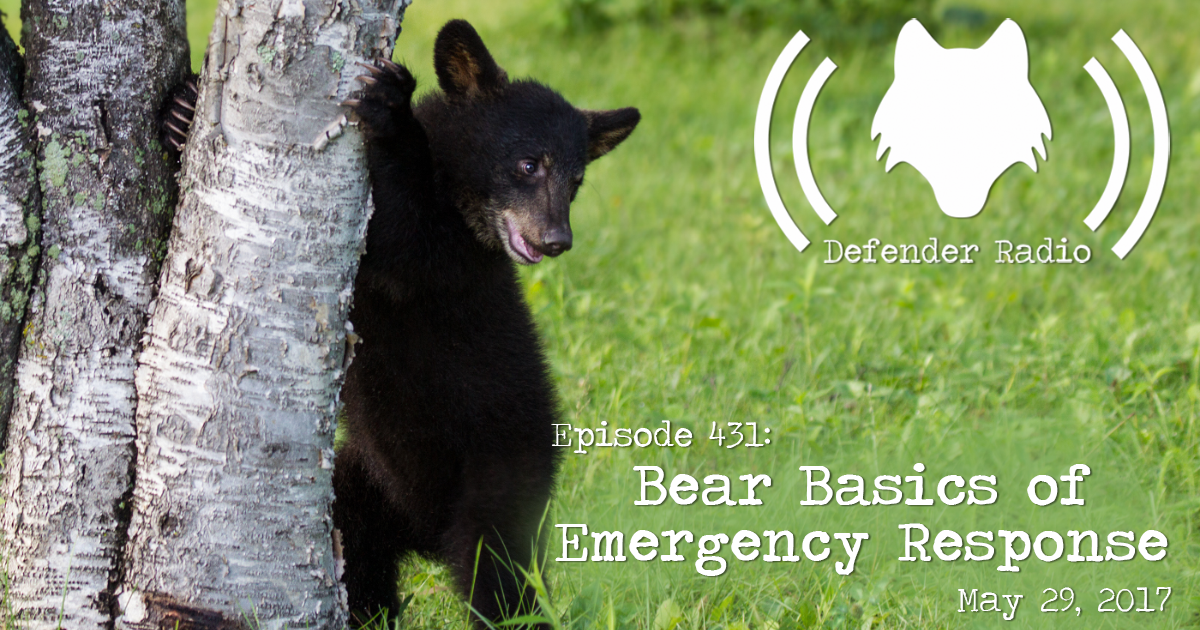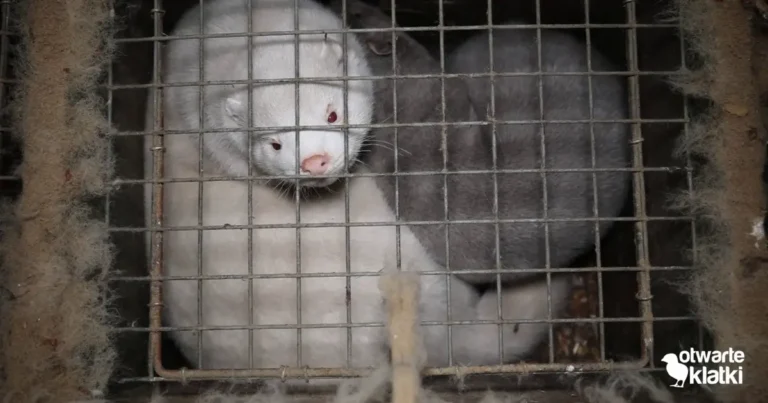
Let’s start with the obvious: stopping conflict with wildlife before it begins is always our preference. And there’s a lot of ways we can do that, as most conflict occurs when we’ve created a situation that allows for it, often through manipulation of resources. That is, we give food to animals and they say, hey, thanks, can I have some more? Or we knock down their houses and they show up, and say, hey, thanks for making us this new house.
The point is, not giving food to animals, not knocking down their houses, and finding other ways to create coexistence are possible and, as science and history have shown us, work best at stopping conflict. But sometimes it goes a bit further, requiring immediate intervention. And, when the animal in question weighs a few hundred pounds, that intervention can get a little more complicated.
But here’s the thing: it doesn’t have to. In many cases when police or other first responders are faced with managing wildlife like bears, there is a lack of training and tools, which can lead to drastic lethal measures being taken. Sylvia Dolson and the Get Bear Smart Society in Whistler, however, can help these first responders manage bear conflict while keeping themselves – and the bears – safe.
To discuss how she and her colleagues train police, what kind of methods are employed, why tranquilizing isn’t always ideal, and how we can all learn to get a bit smarter about bears, Sylvia joined Defender Radio.
To listen to this episode click the 'play' button below,download the MP3, visit us onYouTube,Google Play Music, theiTunes store,Stitcher,or atTuneIn. Make sure you follow@DefenderRadio on Twitter,Facebook, andInstagram, too!

